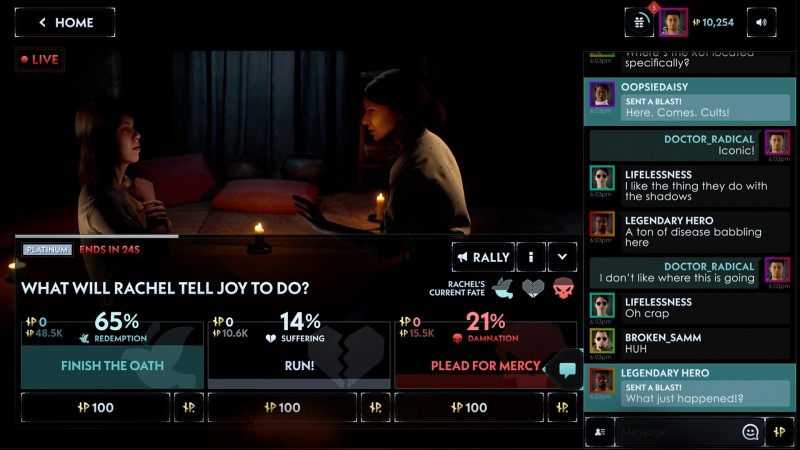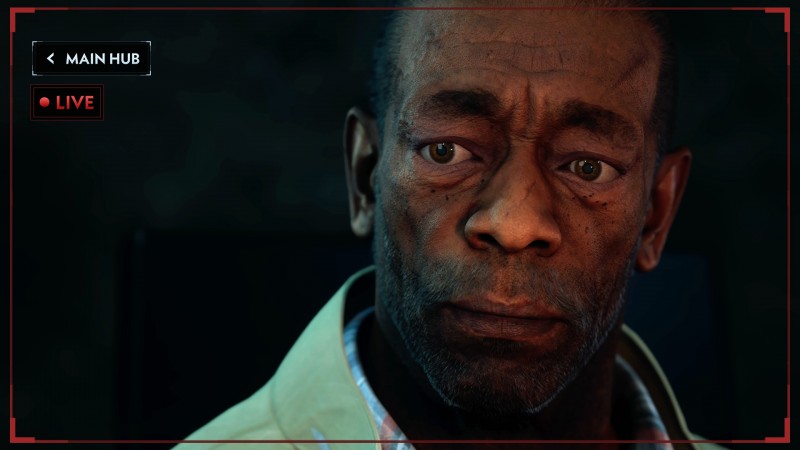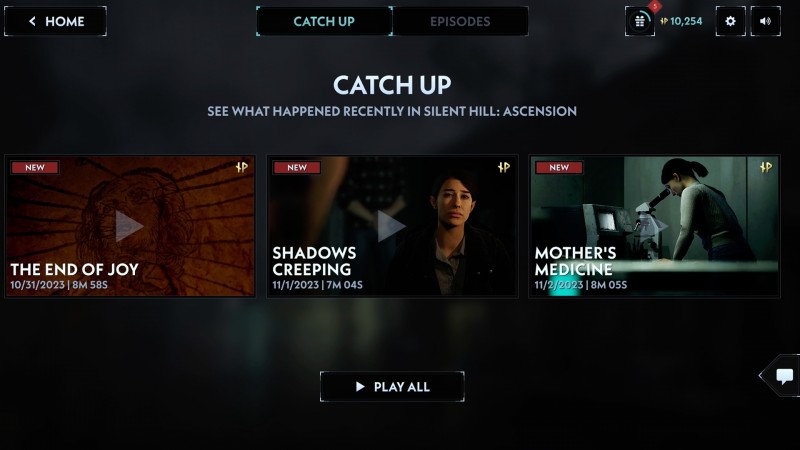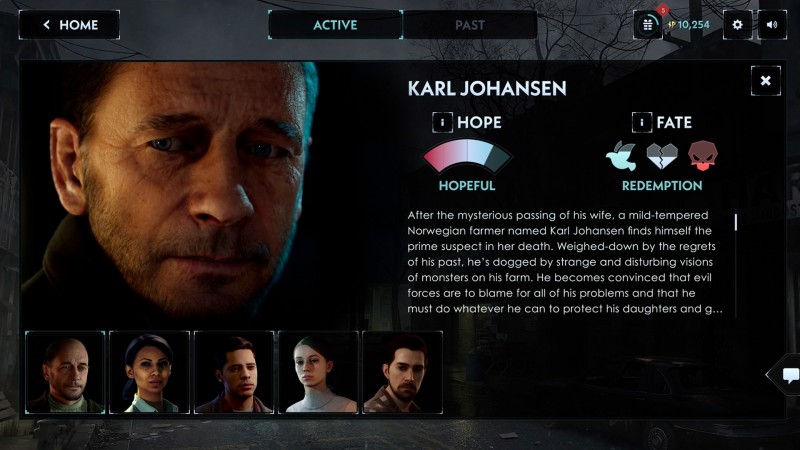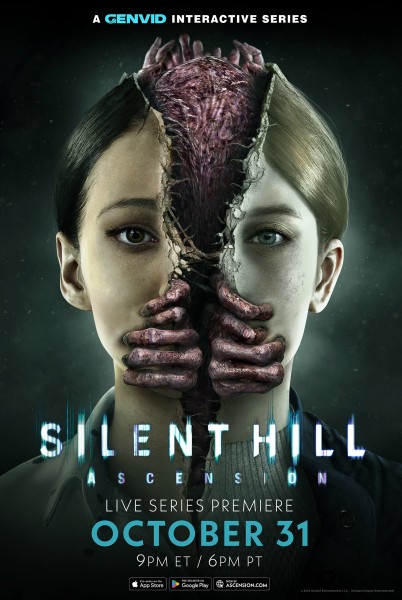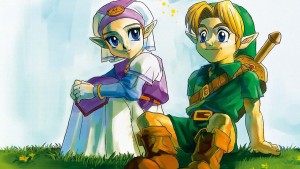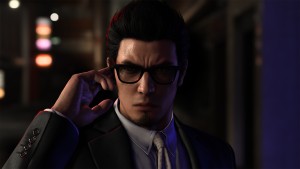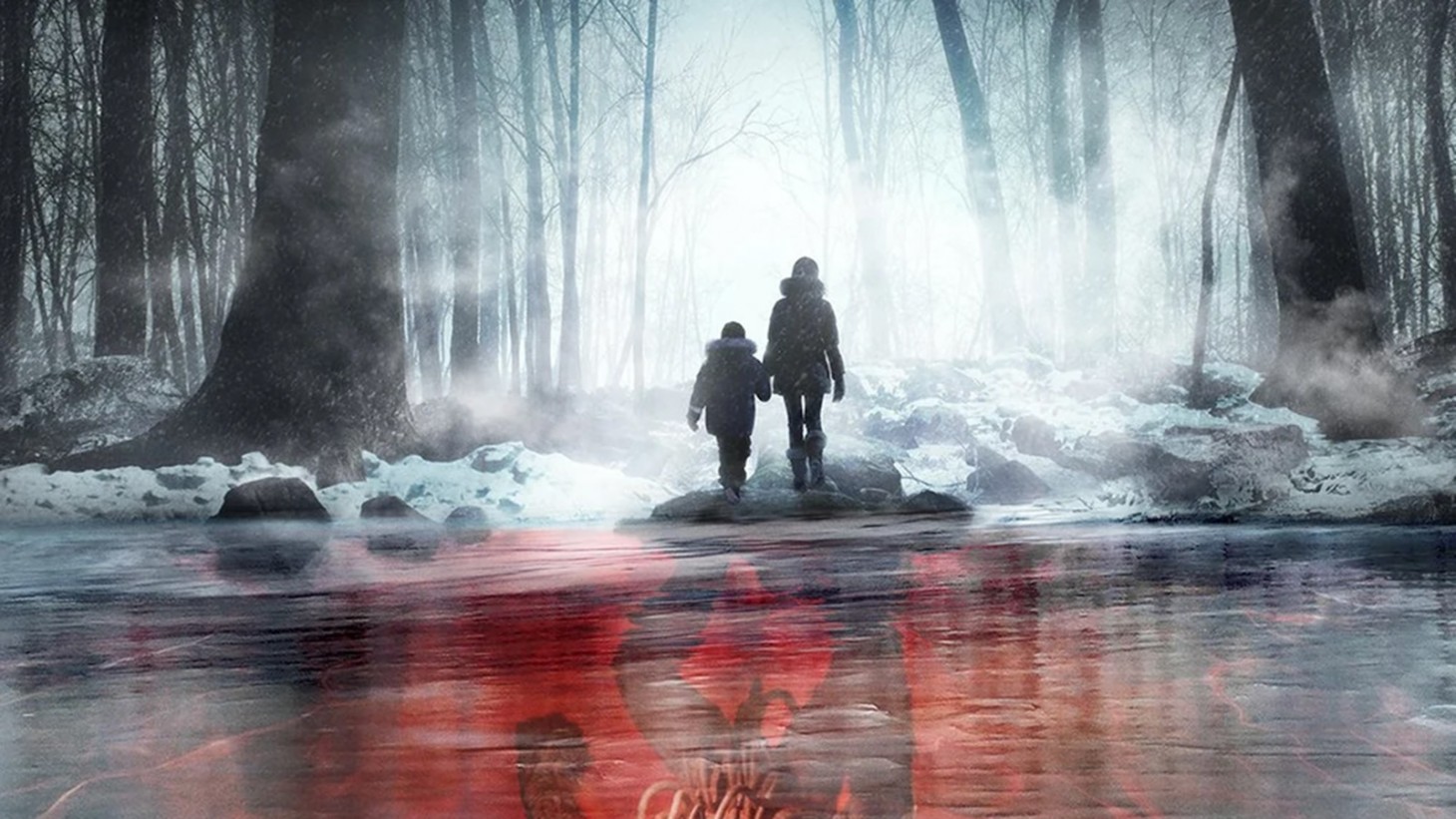
Silent Hill: Ascension
Ahead of the premiere (release? Launch?) of the experimental Silent Hill Ascension tonight, we had a chance to speak with the developer Genvid about the game (TV show? Crowd-directed narrative?) is, what it will mean to the Silent Hill universe, and how much work is going into animating the versions of the narrative that may never be seen.
Calling Ascension a video game is almost a misnomer. There is an interactive element, but you won’t be holding a controller in your hand pushing characters to make decisions in the traditional sense. Instead, viewers will download the Silent Hill Ascension app on mobile devices or PC (there is a PlayStation option, but only for viewing episodes, not participating) and watch a shorter sequence that will contain choices. Participants will then vote on outcomes, and those decisions will dictate what happens in the full, approximately 45-minute episode that will premier later. We got to see the shorter introductory sequence that showed two women trying to perform an oath ceremony that awakens a monster. Characters can die and potentially be replaced, or even have something happen like losing a limb that will affect them for the rest of the show all based on viewer interaction.
Within the app, players will also be able to solve Silent Hill-inspired puzzles to earn influence points (IP) that they will apply to the decisions they are most interested in pursuing. You can’t buy IP. Instead, the game will be monetized with chat options that can be used during live-streamed episodes, as well as avatar customization options, and then your avatar has the opportunity to appear in the show as a side character. It looks almost like a more public Telltale approach to story-driven games, which makes sense because a large majority of the development team is former Telltale.
I think for Silent Hill fans, however, the big question is where the Ascension sits in the larger lore. “We are before a lot of the events that happen on purpose,” Ganvid CEO Jacob Navok tells me. “At the start of Ascension, the Foundation cult here in Pennsylvania is very active. Typically, in a Silent Hill game, you're there after the cult has already gone to s***. You go into those rooms and there's blood on the walls and notes there and you're deducing what happens. But you saw that the cult is very active, that room is clean… right up until the monster comes.”
The real-world timeline of the Silent Hill games has always been vague with suspicions that the first two games take place in the 70s and 80s and Navok is similarly vague about Ascension saying, “We’re not specifying. We're keeping that mysterious.” But he did confirm that Ascension’s story takes place over many months and that it isn’t false to call it a subtle prequel. It’s an original story in the Silent Hill universe that won’t necessarily tie into what comes next, especially since viewers will be deciding the forward progress of the narrative.
There are thousands of potential endings for the game, and much of its introductory story moments have already been pre-produced, the team is not creating every possible scenario. “We're running about four weeks ahead, which means like we've got through week four right now,” Navok says. “And then, as we don't have to animate certain things, we will just not do them. So, it is being built as the series is taking place to reduce some of that burden on purpose.”
I am impressed by the unique presentation of Silent Hill Ascension, but I do admit worry about the subject matter. Silent Hill, when it works and is engaging, is extremely personal stories about characters existing within a hell of their own design. The series has always been about people grappling with their inner demons that happen to take physical form and the difficulty of recognizing them. They’re surprisingly quiet games, and I don’t know that watching characters as a chat scrolls by with emojis bought by excited viewers rooting for their favorite characters to live or die lines up with Silent Hill’s idealogy. Silent Hill is not a slasher flick at a midnight showing. It’s about watching James Sunderland as he contemplates stepping into a grave with his name on it in order to continue following breadcrumbs left by his dead wife, whom he may or may not have killed.
But with all that being said, I am very curious to see if the game will find its audience. If successful, it could absolutely be a template for a new type of widely participatory narrative video game experience.
“The important thing for me is that the audience is going to create a canon,” Navok says. “In a Telltale game, every ending is equally valid because you're the player. That's not the case here. We're building a television series. This thing will lock in when it’s chosen.”
Silent Hill: Ascension is available today and premieres proper at 9 p.m. ET/6 p.m. PT.
